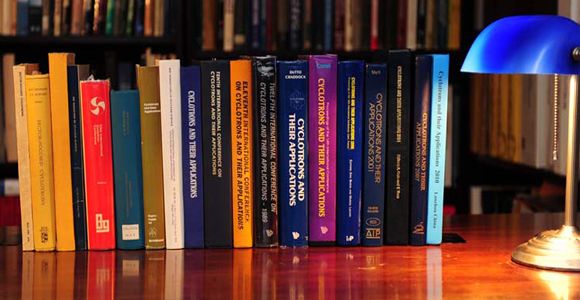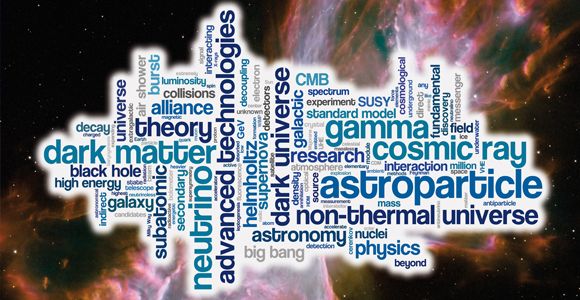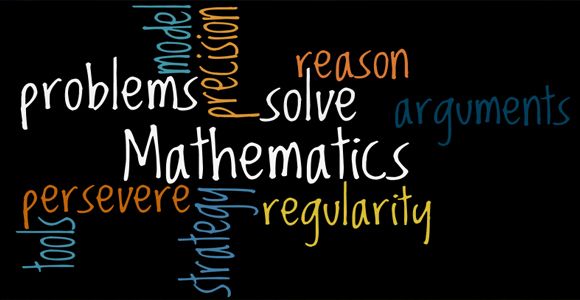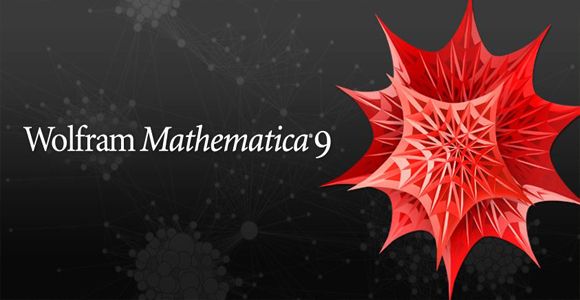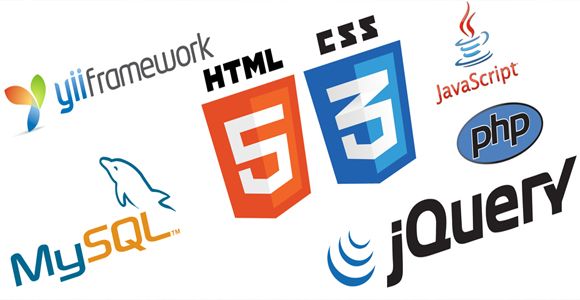A concise, direct examination of general relativity and black holes, Exploring Black Holes provides tools that motivate tools that motivate readers to become active participants in carrying out their own investigations about curved spacetime near earth and black holes. The authors use calculus and algebra to make general relativity accessible, and use quotes from well-known personalities, including Einstein, to offer further insight. Five chapters introduce basic theory. The book also includes seven projects regarding the analysis of major applications. Discussions provide the background needed to carry out projects. The book's projects guide readers as they fill in steps, compute outcomes and carry out their own investigations. For astronomers, mathematicians and people interested in learning about the relativity of black holes.
-Download:

